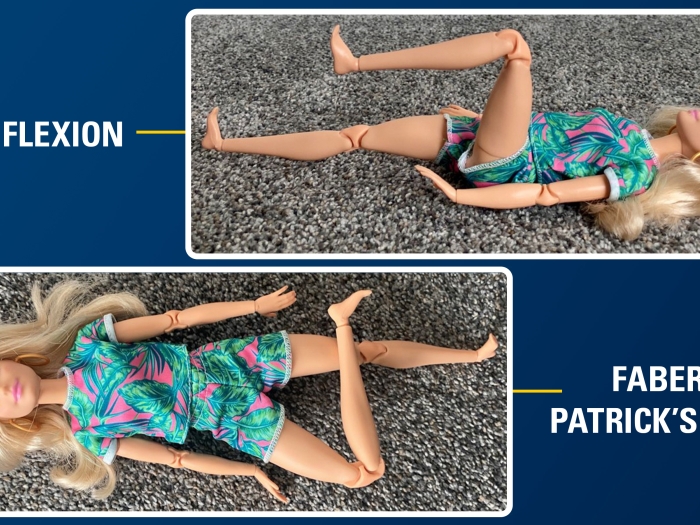The findings reveal a significant burden on a clinically underserved population.
1:37 PM
Author |

Adults with cerebral palsy are more likely to experience the debilitating pains of musculoskeletal disorders, but they receive significantly less physical therapy for those ailments, according to a recent study.
The findings, published in Disability & Health, analyzed four years of Medicare service claims from community-living older adults with and without cerebral palsy who had one or more ambulatory claims for a musculoskeletal diagnosis. Fewer than one-third of general population patients utilized physical therapy. Those with cerebral palsy, despite having greater risk of secondary comorbid conditions, received even less physical therapy.
"The results are staggering, but they support our hypothesis that people with cerebral palsy receive inequitable health care," says Mark Peterson, Ph.D., the Charles E. Lytle, Jr. Research Professor of physical medicine and rehabilitation at Michigan Medicine and co-author of the paper. "We know adults with cerebral palsy have musculoskeletal conditions that are far worse than the general population. They need more, but they're getting much less in terms of treatment."
A neurodevelopmental condition caused by a range of abnormalities in the brain, cerebral palsy is the most common childhood-onset motor disability. The research team says the findings underscore the need for increased clinical awareness of musculoskeletal conditions for older adults with cerebral palsy, as well as improved screening strategies and preventative health interventions.
SEE ALSO: Adults with Cerebral Palsy Need Better Access to Health Care
Cerebral palsy is often seen solely as a pediatric condition, Peterson says, which is part of the reason the adult population is misunderstood and not properly treated.
"Children with cerebral palsy grow up, and the general population of medical providers need to be more aware that adults with cerebral palsy are at high risk for these musculoskeletal disorders," he says. "Secondly, adults with cerebral palsy need more access to specialists for treatment. They 'age out' of specialty hospitals, and adult rehabilitation service providers don't necessarily have the knowledge to ensure these patients receive high-value care."
Disclosures: This work was supported by a grant from the Foundation of Physical Therapy, Multi-Institutional Center of Health Services Training and Research (CoHSTAR). The findings do not necessarily represent the official position of CoHSTAR.
Paper cited: "Musculoskeletal diagnoses, comorbidities, and physical and occupational therapy use among older adults with and without cerebral palsy," Disability and Health Journal. DOI: 10.1016/j.dhjo.2021.101109
SEE ALSO: Adults with Cerebral Palsy at Increased Risk for Mental Health Conditions

Explore a variety of healthcare news & stories by visiting the Health Lab home page for more articles.

Department of Communication at Michigan Medicine
Want top health & research news weekly? Sign up for Health Lab’s newsletters today!





